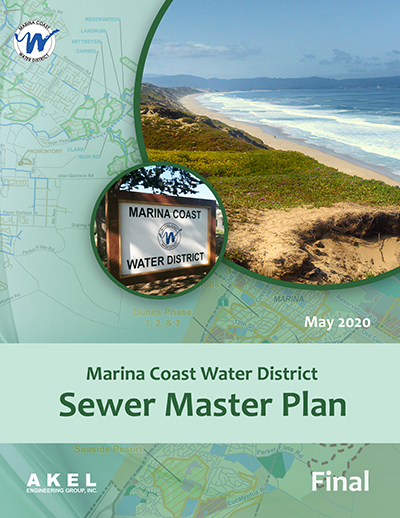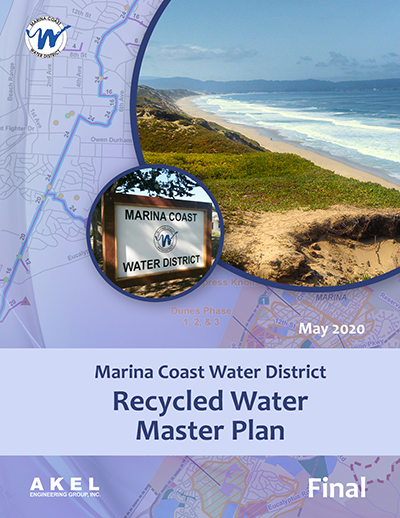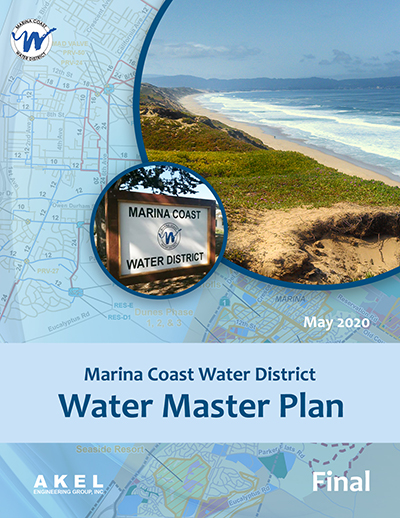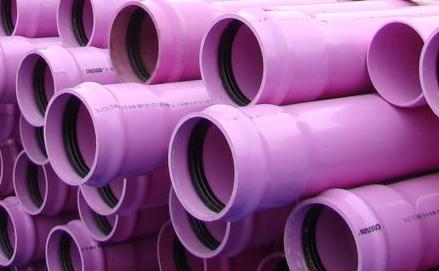Akel Engineering Group is a valued leader in the planning, modeling, and optimizing of recycled and non-potable water infrastructure. Combining the scheduling of deliveries with available non-potable infrastructure, our approach allows for the optimization of the system to maximize deliveries to potential customers, while ensuring a sustainable resource for our clients. Customized graphics and in-depth hydraulic modeling allow for an easy to use product that enhances the ability to manage the recycled water system, while continuing to pursue other opportunities to utilize this valuable resource. Our integrated approach also evaluates the benefit of reduced stress on the potable water system, and evaluates siting options for potential decentralized systems.
CUSTOMIZED APPROACH
Our services for recycled and non-potable water planning include:
Representative Projects: Recycled
2015 South County Recycled Water System Master Plan Update
Santa Clara Valley Water District
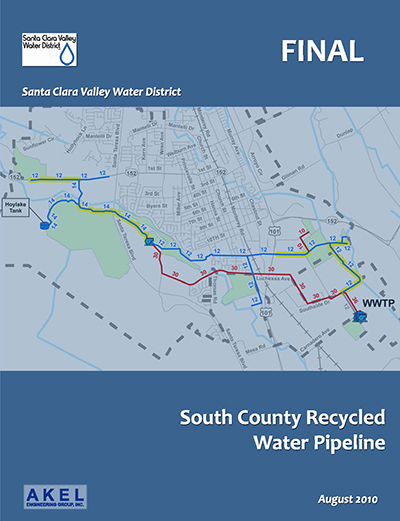
2020 Recycled Water Master Plan
Marina Coast Water District
